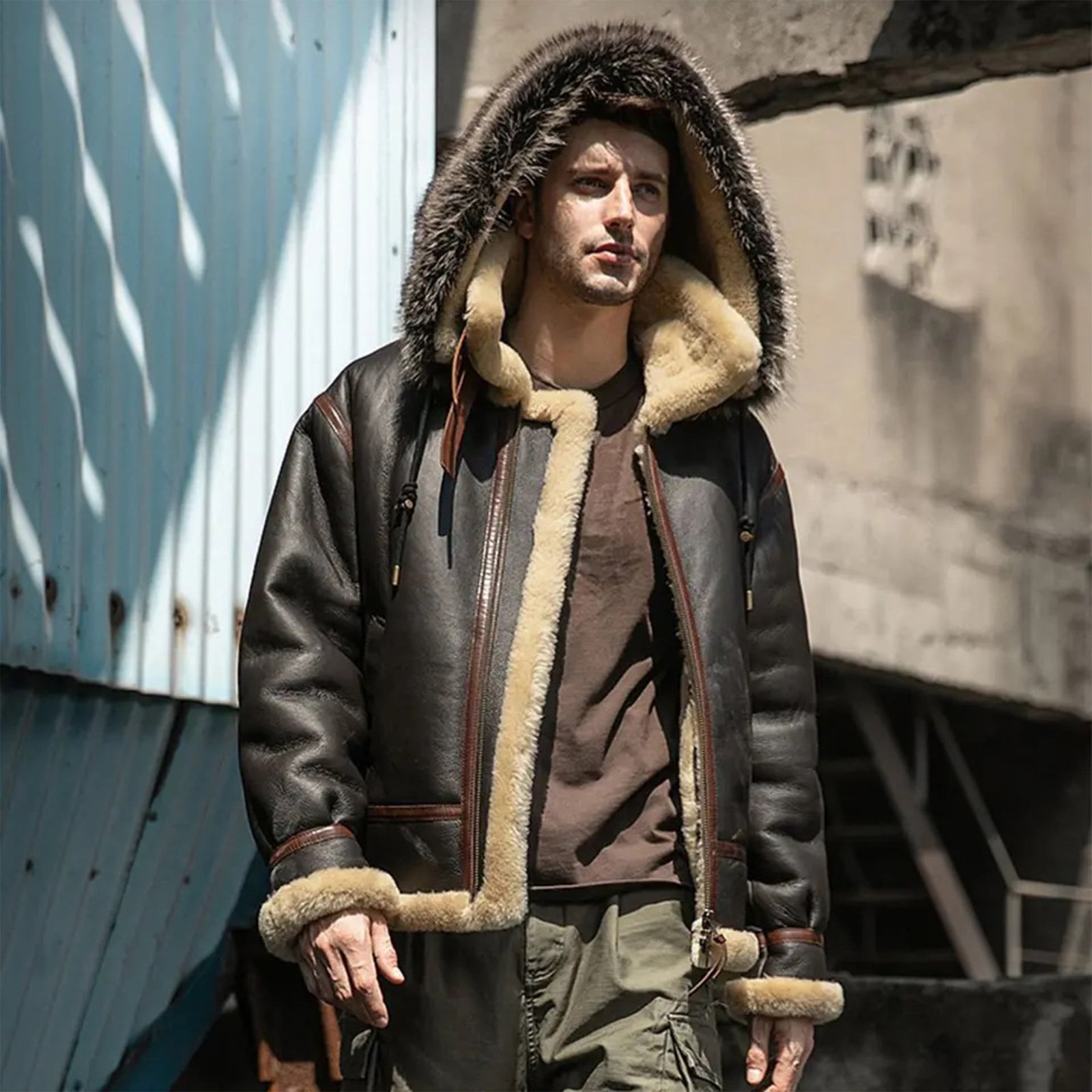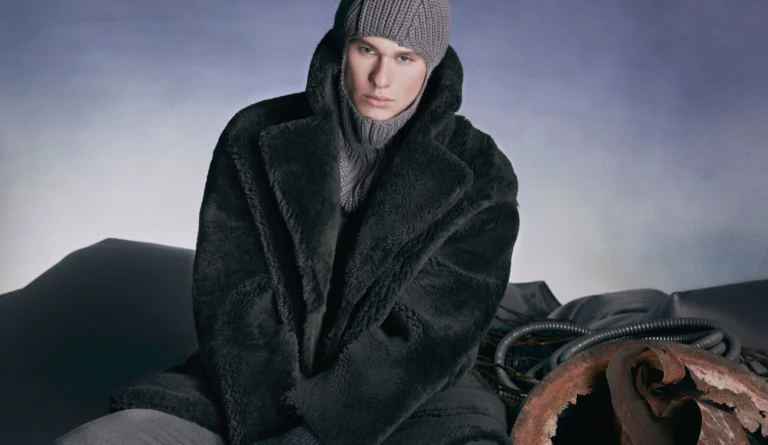Military Pilot Fur Coat
Introduction to the Military Pilot Fur Coat
The military pilot fur coat is an iconic garment that has played a significant role in the history of aviation and military attire. Originating during the early years of flight, this coat has become a symbol of both functionality and style. In this blog post, we will explore the origins, design, and significance of the military pilot fur coat.

Origins of the Military Pilot Fur Coat
The military pilot fur coat was first introduced during World War I. Early aviators faced extreme challenges, one of which was the cold temperatures at high altitudes in open cockpits. Leather was widely used for pilot jackets due to its durability, but it didn’t provide sufficient warmth. Adding fur linings, typically sheepskin, significantly improved insulation, making these coats an essential part of a pilot’s gear.

Design and Features of the Coat
The typical military pilot fur coat is characterized by a sturdy leather exterior combined with a thick fur lining. These coats often featured large collars, which could be turned up to protect the pilot’s face and neck from icy winds. The coat’s length, usually extending below the waist, offered additional warmth and coverage. Pockets were designed to be functional, providing space for essential tools and navigation aids.

Significance in Modern Times
Today, the military pilot fur coat continues to carry a sense of heritage and tradition. While modern advancements have produced new materials to keep pilots warm, the classic fur-lined coat remains popular in both military nostalgia and fashion circles. Collectors and enthusiasts value these coats for their craftsmanship and historical significance, and they are often seen in vintage fashion shows and military reenactments.
Conclusion
The military pilot fur coat stands as a testament to the evolution of aviation and military gear. Its blend of practicality and iconic style ensures that it will be remembered and cherished for generations to come.




